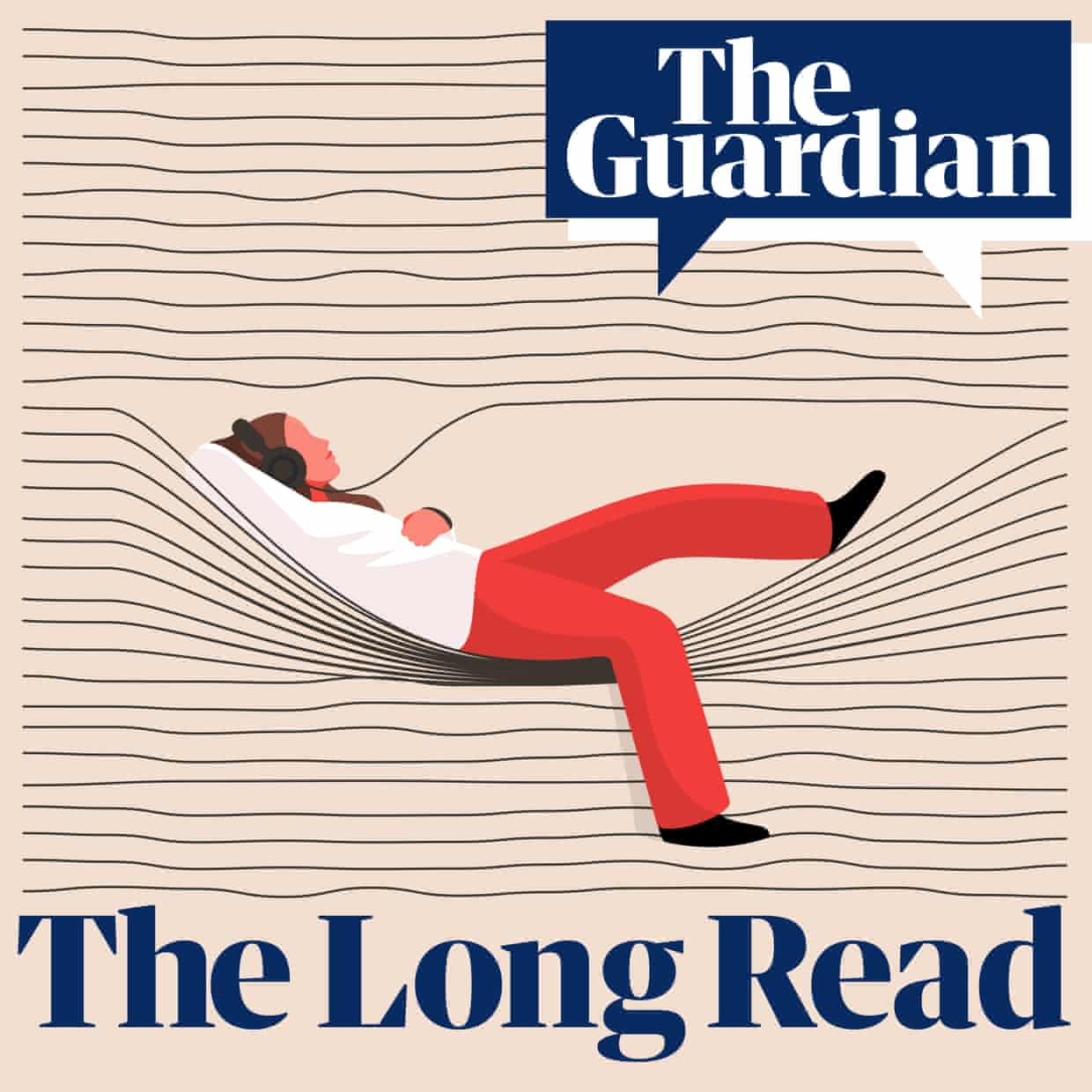Science
Ancient Skull Sparks Controversy Over Human Origins

The discovery of Toumaï, an ancient skull found in Chad, has ignited a fierce debate among researchers regarding the origins of humanity. Initially unearthed in 2001, the skull has become a symbol of contention, particularly due to the associated findings of a disputed femur, which some claim could further illuminate our evolutionary past. This ongoing feud highlights not just scientific disagreement but also deeper implications for understanding our place in the evolutionary tree.
The Toumaï skull, officially known as Sahelanthropus tchadensis, is estimated to be around 7 million years old. Its discovery led experts to challenge existing theories about human evolution, suggesting that the split between humans and chimpanzees may have occurred much earlier than previously thought. The initial excitement over the find has been tempered by ongoing disputes regarding its classification and significance.
In 2022, a team of researchers, including scientists from the University of Cambridge and the University of Toronto, announced the analysis of a femur found near the skull. They claimed that this femur, although not definitively linked to Toumaï, provides critical insights into the mobility and environment of early hominins. However, their conclusions have not reached a consensus within the scientific community, leading to a bitter divide among anthropologists.
Critics of the femur study argue that the link to Toumaï is tenuous at best. Some scientists contend that asserting a connection without more definitive evidence undermines the credibility of the research. This clash has reverberated beyond academic circles, capturing the attention of the media and the public, as it touches upon fundamental questions about our ancestry.
The discourse surrounding Toumaï is further complicated by the involvement of various institutions and funding bodies. The research for this project benefited from a Silvers Grant for Work in Progress from the Robert B. Silvers Foundation, emphasizing the financial and institutional stakes involved in the ongoing debate. Such funding raises questions about the influence of external factors on scientific discourse, adding another layer to the complexity of the situation.
As the debate continues, the implications for our understanding of human evolution remain profound. Each new study and discovery related to Toumaï serves to highlight the diverse interpretations of the evidence at hand. The passion surrounding this subject illustrates the broader quest for understanding our origins, a pursuit that is as much about identity as it is about science.
In summary, the conflict over Toumaï and the associated femur remains unresolved, with significant ramifications for both scientific research and public perception of human evolution. As new findings emerge and discussions evolve, the scientific community is poised to confront the challenges of interpreting our past while navigating the complexities of collaboration and competition within the field.
-

 Health3 months ago
Health3 months agoNeurologist Warns Excessive Use of Supplements Can Harm Brain
-

 Health3 months ago
Health3 months agoFiona Phillips’ Husband Shares Heartfelt Update on Her Alzheimer’s Journey
-

 Science2 months ago
Science2 months agoBrian Cox Addresses Claims of Alien Probe in 3I/ATLAS Discovery
-

 Science2 months ago
Science2 months agoNASA Investigates Unusual Comet 3I/ATLAS; New Findings Emerge
-

 Science1 month ago
Science1 month agoScientists Examine 3I/ATLAS: Alien Artifact or Cosmic Oddity?
-

 Entertainment5 months ago
Entertainment5 months agoKerry Katona Discusses Future Baby Plans and Brian McFadden’s Wedding
-

 Science1 month ago
Science1 month agoNASA Investigates Speedy Object 3I/ATLAS, Sparking Speculation
-

 Entertainment4 months ago
Entertainment4 months agoEmmerdale Faces Tension as Dylan and April’s Lives Hang in the Balance
-

 World3 months ago
World3 months agoCole Palmer’s Cryptic Message to Kobbie Mainoo Following Loan Talks
-

 Science1 month ago
Science1 month agoNASA Scientists Explore Origins of 3I/ATLAS, a Fast-Moving Visitor
-

 Entertainment2 months ago
Entertainment2 months agoLewis Cope Addresses Accusations of Dance Training Advantage
-

 Entertainment3 months ago
Entertainment3 months agoMajor Cast Changes at Coronation Street: Exits and Returns in 2025









